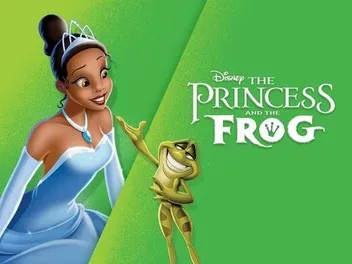The future belongs to those who remember the past
The Book of Eli, directed by the Hughes Brothers and starring Denzel Washington, is a post-apocalyptic action drama that blends survival storytelling with spiritual themes. Set in a desolate future after a nuclear war, the film follows Eli—a lone traveler—on a mission to deliver the last known copy of the Bible to a place where it can help rebuild civilization.
Eli (Washington) is a quiet but formidable figure, guided by faith and a deep sense of purpose. He walks westward across a lawless, ruined America, protecting the sacred book at all costs. His belief that he’s been chosen for this task gives the film its emotional and moral depth.
The film’s main antagonist is Carnegie (Gary Oldman), a warlord who also seeks the Bible—but for power, not enlightenment. He believes the book can be used to manipulate the masses. This central conflict raises questions about the role of religion in society: Is it a tool for peace or control?

Along his journey, Eli meets Solara (Mila Kunis), a young woman who joins him and becomes inspired by his strength and purpose. Their connection brings a human touch to the grim world they inhabit.
Visually, the film is striking, with washed-out tones that reflect the harshness of the environment. The cinematography enhances the story’s mythic quality, turning Eli into a modern-day prophet in a wasteland. The action scenes—especially Eli’s sword fights—are sharp, stylish, and symbolic of his inner strength.
What sets The Book of Eli apart is its spiritual foundation. While many post-apocalyptic films focus on chaos and violence, this one explores the endurance of faith. The film asks: In a broken world, what is truly worth saving?

The twist at the end reframes Eli’s entire journey and highlights the quiet power of belief. It challenges viewers to think about faith, purpose, and what it means to truly see.
Though some found its symbolism heavy-handed, The Book of Eli remains a thoughtful, unique take on the genre. It’s a film that values not just survival, but meaning—reminding us that even in ruins, the human spirit can still carry light.

-1752424227-q80.webp)
-1749627094-q80.webp)
